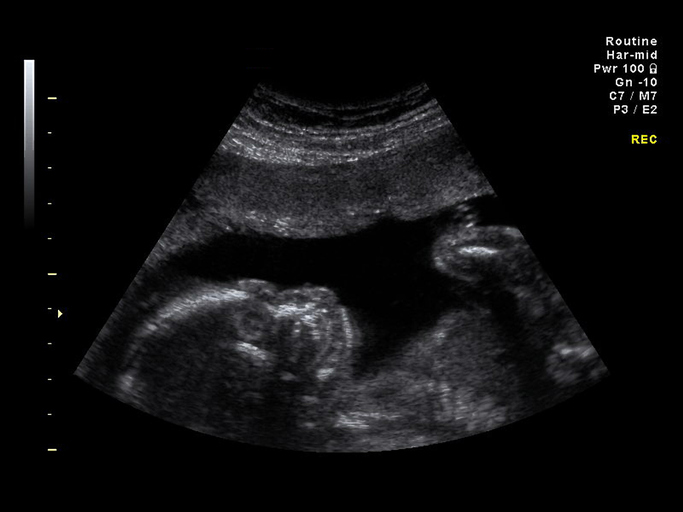
The LoveBoth campaign has said the Irish public are being consistently and seriously misled about the nature of the Government’s proposed abortion regime. Speaking at a press conference in Dublin yesterday, the group said the level of misinformation has now reached a new high as, they claimed, both the Government and leading repeal campaigners are willing to say anything in their push to introduce abortion on demand to Ireland.
Cora Sherlock of LoveBoth said: “The tsunami of misinformation and manipulation of the Irish people in this debate has to stop. The debate on the Eighth Amendment has to be grounded on fact and on what is actually being proposed by the government, and the reality of abortion in neighbouring countries. Anything less than frank, open and factual discussion is an insult to the Irish people.”
Joining her, Consultant Obstetrician Dr Trevor Hayes sharply criticised recent commentary on maternal healthcare services in Ireland. “In my many years of medical practice I have never been prevented by the Eighth Amendment from doing everything necessary to fully care for women and to fully protect them in my practice. Any suggestion that Irish doctors cannot intervene to protect women is deliberately misinforming the Irish public and creating unnecessary fears. I’ve never gambled with the lives of my patients. I’ve never lost a mother. The Eighth Amendment has never prevented me from doing my job to the best of my ability.”
He continued: “Professional guidelines for obstetricians are very clear, there is no doubt whatsoever nor should there be any doubt that we can intervene to protect the life of women, doctors do not have to wait until the threat to life has become imminent.”
Dr Hayes added: “I am very concerned that recent weeks have seen significant and untrue public statements about the practice of maternal healthcare in this country. No doctor doing their job properly would wait until there is an immediate and critical threat to a pregnant woman’s life before acting to protect the woman, the Eighth Amendment does not stop me from doing my job. Never has and never will. If repeal were to happen, 99% percent of abortions would take place for any reason at all or on supposed mental health grounds. That’s the reality based on what has happened in other countries but you wouldn’t think it based on how the present debate is being conducted”.

Proposals to raise the digital age of consent from 13 to 16 years of age were rejected by an Oireachtas committee on Wednesday. At a meeting of the Oireachtas justice committee, Fianna Fáil, Labour and the Social Democrats sought to raise the age of digital consent through an amendment to data protection legislation. FF’s justice spokesman Jim O’Callaghan said 13 was “too young” and meant young people were vulnerable to being exploited. “We must recognise now that children are growing up with levels of intrusion that we didn’t experience,” he said. Mr O’Callaghan noted that a child could not legally enter a contract until aged 18. He was supported by Labour TD Sean Sherlock who said by making 16 the age limit, the onus was being pushed back on to the social media companies.
Independent TDs Mick Wallace and Clare Daly argued strongly for 13, citing a wide range of expert opinion behind that threshold, including the Children’s Rights Alliance. Both said that education was the best protection for children and not a “nanny state”.
The move was welcomed by children’s rights groups.
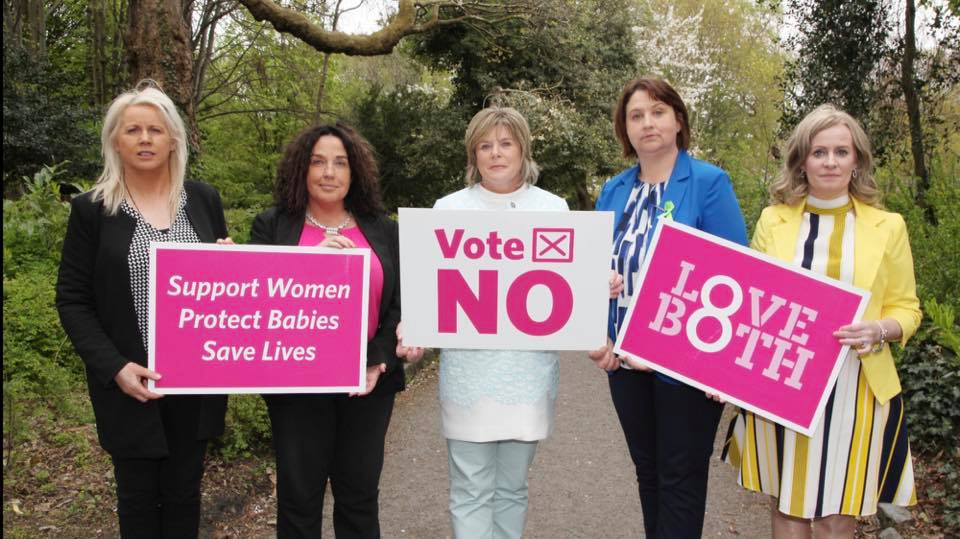
Three times as many of the Fianna Fáil parliamentary party are campaigning for a No vote than a Yes vote in the forthcoming referendum on the Eighth Amendment. At least 35 Fianna Fáil TDs and Senators have coalesced into a group to campaign to save the pro-life amendment, including deputy leader Dara Calleary and the party’s finance spokesman Michael McGrath. The group is led by Fianna Fáil TD for Waterford Mary Butler. The group held a photocall yesterday with 31 members, including frontbench spokespersons Eamon Ó Cuív, Niamh Smyth, Anne Rabbitte and Margaret Murphy O’Mahony. Another four, TDs John McGuiness, Willie O’Dea, Kevin O’Keeffe and Senator Diarmuid Wilson, sent their apologies. Yesterday’s photocall was in response to a similar photo taken two weeks ago at the same venue attended by a mere 10 members calling for a Yes vote.
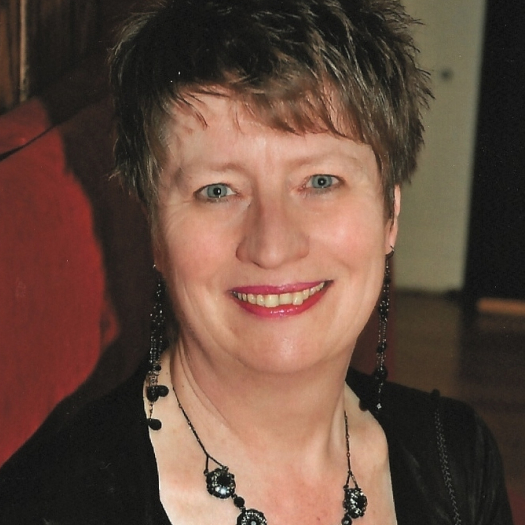
Consultant psychiatrist Patricia Casey has said that to suggest abortion is a solution to mental illness “is naïve in the extreme”. Referring to 2010 study headed by Royal College of Psychiatrists in London, she said it found “whether a woman had an abortion for an unwanted pregnancy, or gave birth, made no difference to her mental health outcome”.
She said the General Schema of the Government’s proposed abortion legislation was “very vague in relation to psychiatric assessment”. It contained no definition of mental health and under its terms any medical practitioner could decide an abortion was necessary. “That, to me, is a gross deficiency in the Bill,” she said.
It could mean “a single doctor, specialty unspecified, can carry out an immediate termination of pregnancy where he or she is of the reasonable opinion that there is immediate risk of serious harm to the mental health of a woman, and it will be lawful to carry that out up until birth”, she said.
The Bill went “much farther than the politicians are pretending . It is extreme, it is unsupportable, and it is not based on any evidence,” she said.

Save the 8th spokesman John McGuirk has accused the pro-Repeal ‘Together for Yes’ campaign of desperately avoiding mention of abortion and the legislation that would follow upon repeal of the Eighth Amendment. “Posters up around the country saying yes for compassion, yes for care, yes for kittens, yes for puppies, not talking about the issue, not talking about the real facts, what’s in this Bill. They have a case to answer,” he said. “All they have been doing is engaging in platitudes. We think there is room for a real debate. That hasn’t happened yet and we hope that it will,” he said. The Government have already published the general schema of the abortion legislation it would introduce were the Eighth Amendment deleted from the constitution. The heads of the bill provide for unrestricted abortion for the first three months of pregnancy, abortion for serious threat to mental or physical health up to viability, around the sixth month of gestation, and abortion up to birth where the child has a life-limiting condition.

An inquest into a woman who travelled from Ireland to the UK for an abortion and subsequently died as a result of the procedure has not found her death to be due to negligence. The coroner, Dr Sean Cummings, identified an “element of complacency” within the west London clinic, but said he could not return a verdict of neglect as invited because he was not satisfied there had been a gross failure. He did criticise “repeated failures” at the Marie Stopes abortion clinic and said the case was “desperately sad”.
“Her death resulted from the manifestation of a recognised complication of the procedure resulting in sometimes subtle and atypical symptoms and signs which were not appreciated as potentially sinister at the time”.
Ms Chithira died in January 2012 following a late-stage abortion. Ms Chithira suffered a tear to her uterus during the “blind” procedure performed under anaesthetic, as a surgeon struggled to remove the dismembered parts of a 22-week-old foetus from her womb. Afterwards she vomited and complained of feeling unwell to her husband, but was helped into a taxi to a cousin’s home in Slough by staff who had told her she could not stay overnight. Later that night the mother suffered catastrophic internal bleeding of around two litres and died. Dr Adedayo Adedeji, who performed the procedure, and nurses Gemma Pullen and Margaret Miller were charged with manslaughter by gross negligence and a health and safety breach but the case was dropped in 2016.
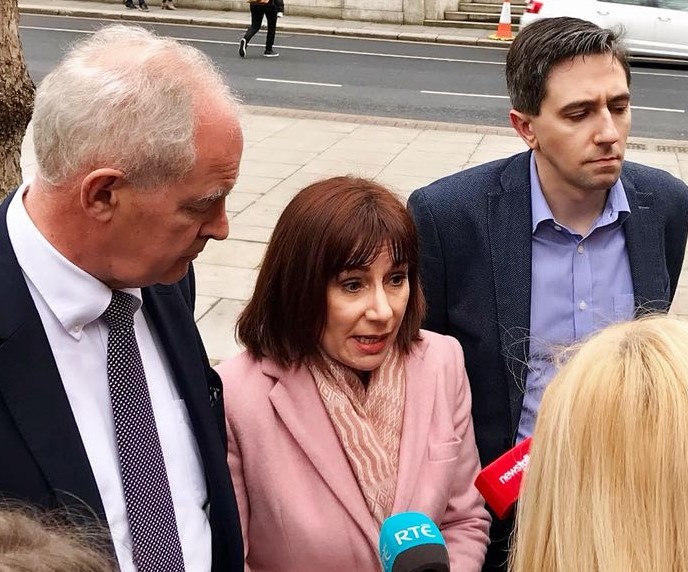
The minister for health is engaged in a campaign of misinformation about his own proposed abortion legislation, Save the 8th has said today. The organisation challenged the Minister to debate the heads of the bill, which have already been published, rather than “name calling through a press officer”. The organisation pointed to several inconsistencies between the heads of the bill, and Minister Harris’s own public statements about the bill.
A spokesperson for Save The 8th said that Minister Harris has said that “late term abortions will be illegal”. However, the spokesperson said there is no such prohibition on late term abortions in the heads of bill published by the Government. He continued: “Minister Harris has said that in cases where the foetus can survive outside the womb, the baby will be delivered. However, no such provision exists in his bill. Indeed, ‘termination of pregnancy’ is defined in his bill as: ‘termination of pregnancy means a medical procedure which is intended to end the life of the foetus'”.
Most prominently, according to Savethe8th, Minister Harris said in a statement last week that it was a “big lie” to say abortions would be legal at six months. “This is patently and obviously untrue. The heads of the bill allow an abortion until viability where there is a risk of serious harm to the mental health of the mother, where ‘serious harm’ is undefined in the bill”, said the spokesperson.
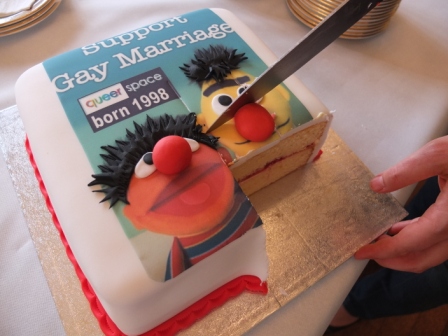
Family-run Ashers Baking Company should not be forced to promote a cause which its owners profoundly disagree with, a columnist says. Writing in the Belfast Telegraph, Fionola Meredith said Ashers’ situation was “not a case of anti-gay discrimination” because the row is over a message – not an individual. Meredith explained that she supports same-sex marriage but disagrees with earlier court rulings against the Christian bakers viewing it as an issue of compelled speech rather than gay rights. “No company should be under any obligation to facilitate the dissemination of beliefs that are antithetical to the ethos of that business. . . . The message itself – not the customer requesting it – has always been the issue for Ashers.”
The columnist described the long-running legal case brought by the Equality Commission for Northern Ireland as “costly, vexatious and divisive”. She said it was not equality to force everyone to “disseminate political beliefs that they fundamentally disagree with”.
“It is not tolerance. It is not freedom. If Ashers lose this week, we all lose”.

The Anglican communion is sharply divided over plans by The Episcopal Church (TEC) in the US to change its marriage service to a gay-friendly version which would remove “husband and wife” and “procreation” from the marriage service.
The new service removes the phrase “the union of husband and wife” and replaces it with “the union of two people”, and replaces the section which talks about part of God’s intention for marriage being “for the procreation of children” with the phrase “for the gift of children” to make it more relevant for same-sex couples who may wish to adopt. Couples can still use the individual words “husband” or “wife” when making their vows, though the gender-neutral “spouse” is also an option.
The move was criticised in a letter from the Church of England’s Secretary General William Nye which threatened to cut ties with the US church, if it introduces the new service as standard, replacing the current wording in its Book of Common Prayer. Mr Nye urged the church to consider keeping the new service on “trial status” indefinitely to avoid “irrevocably redefining marriage”, adding that the new rites “constitute a clear divergence from the understanding of marriage held throughout the history of the Christian Church”.
